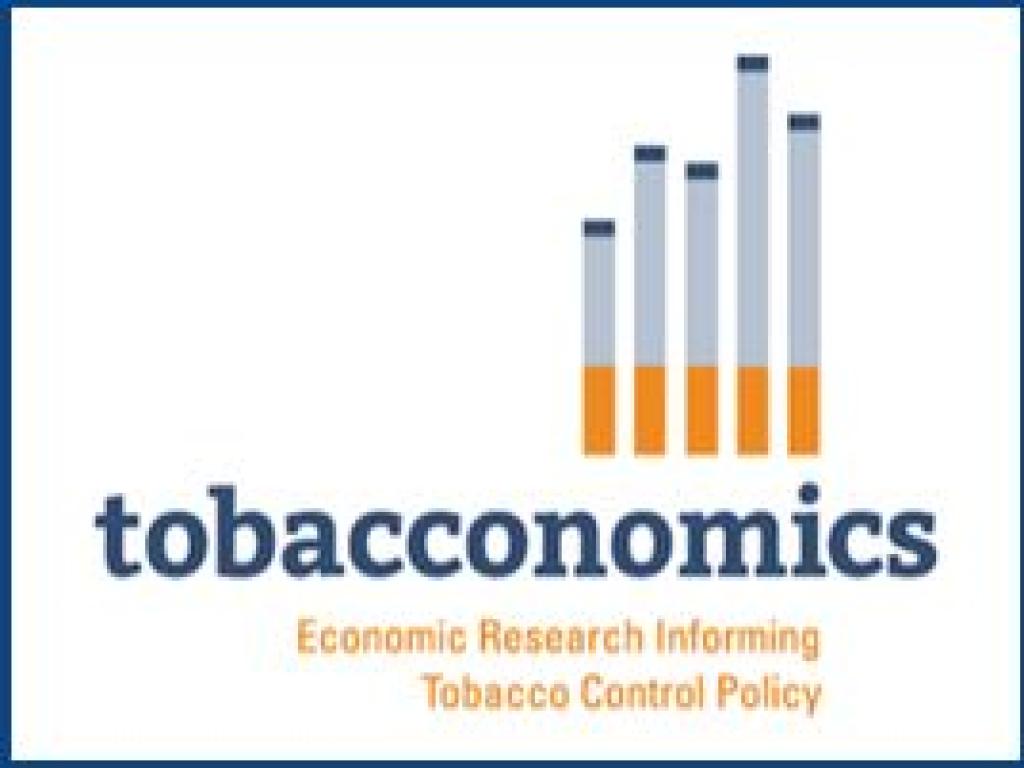Special Update: Tobacconomics Cigarette Tax Scorecard

Introducing... the first edition of the international Tobacconomics Cigarette Tax Scorecard assessing cigarette tax policies in over 170 countries.
About the Scorecard

Key Findings
- Most countries are failing to effectively tax cigarettes: nearly half scored less than 2 out of 5 points, and the global average is only 2.07.
- The last 6 years have seen little improvement, and although scores improved in 89 countries, they became worse in 43 countries.
Highlights
- The top performing countries are Australia and New Zealand, which reflects their high, uniform specific cigarette excise taxes with regular increases that have significantly reduced the affordability of cigarettes.
- The most improvement in cigarette tax policy occurred in Bahrain, Saudi Arabia, the United Arab Emirates, Kyrgyzstan, and the Philippines.
About
Based in the Health Policy Center at the University of Illinois at Chicago (UIC), the Tobacconomics team conducts economic research to shape global tobacco control policies, and we also partner with economic policy think tanks in low- and middle-income countries to build the local evidence base for more effective tobacco tax systems. UIC is a partner of the Bloomberg Initiative to Reduce Tobacco Use.
